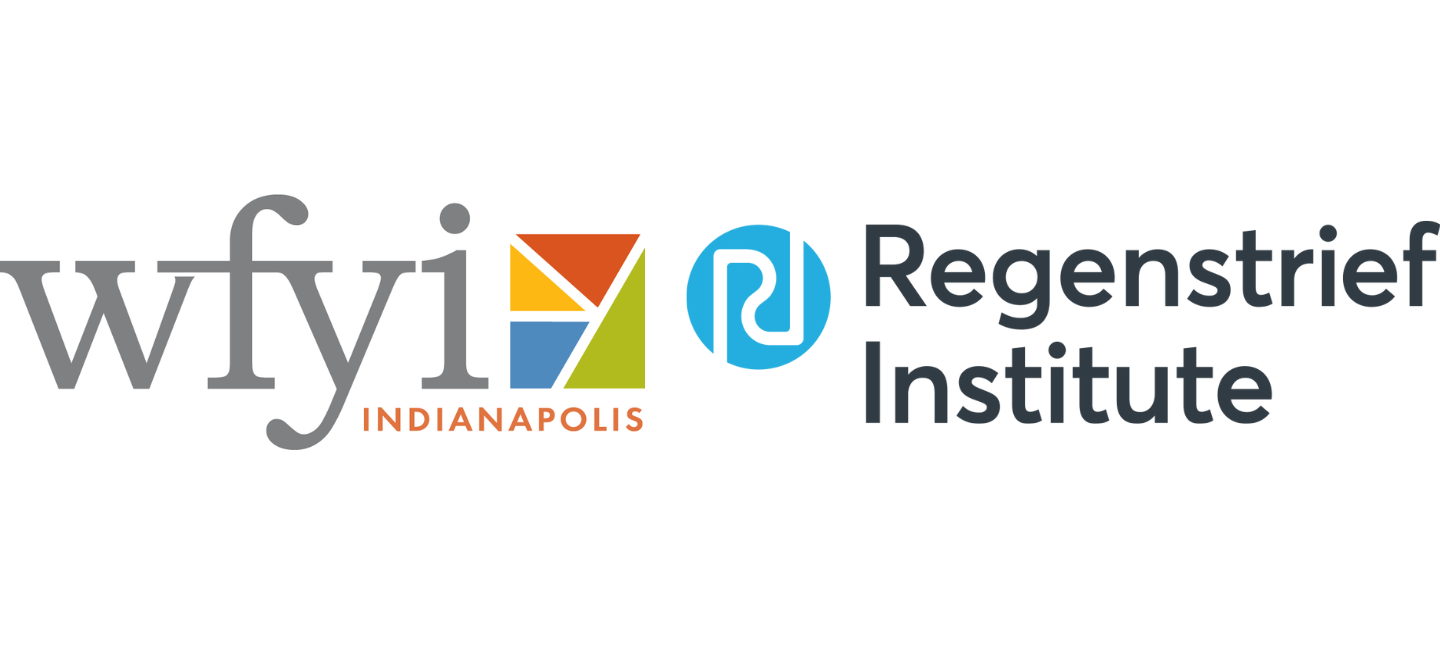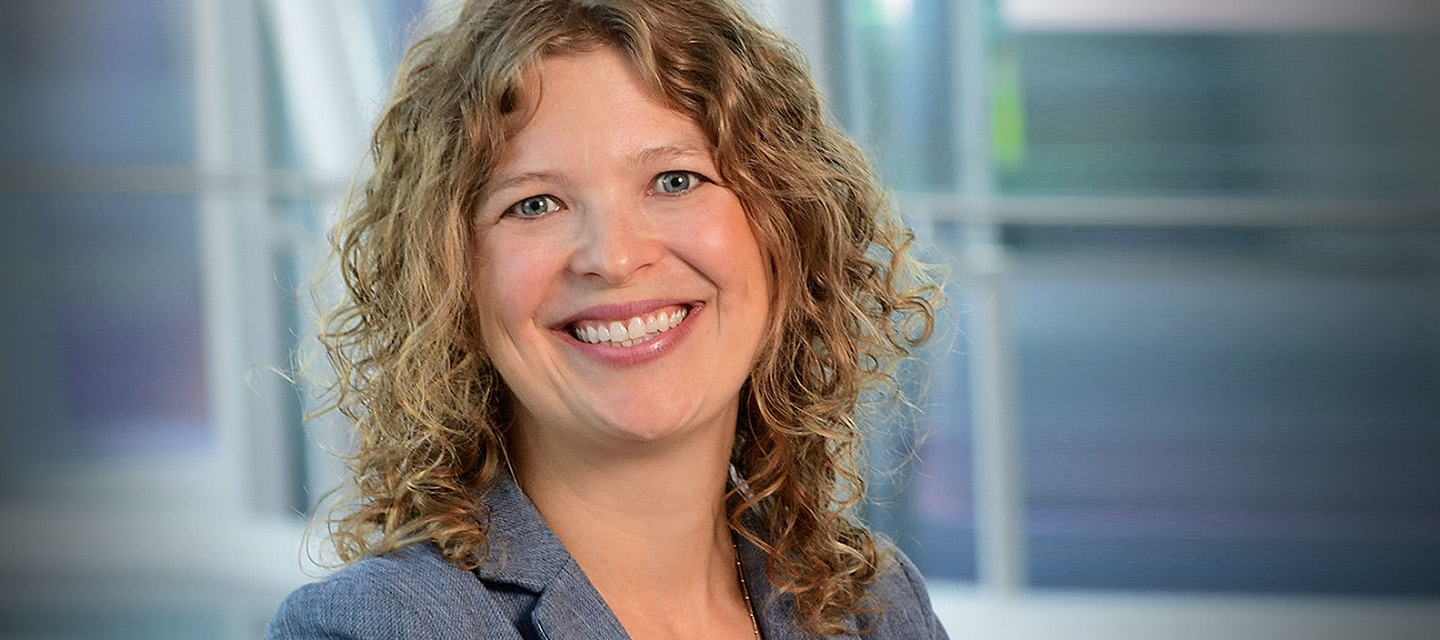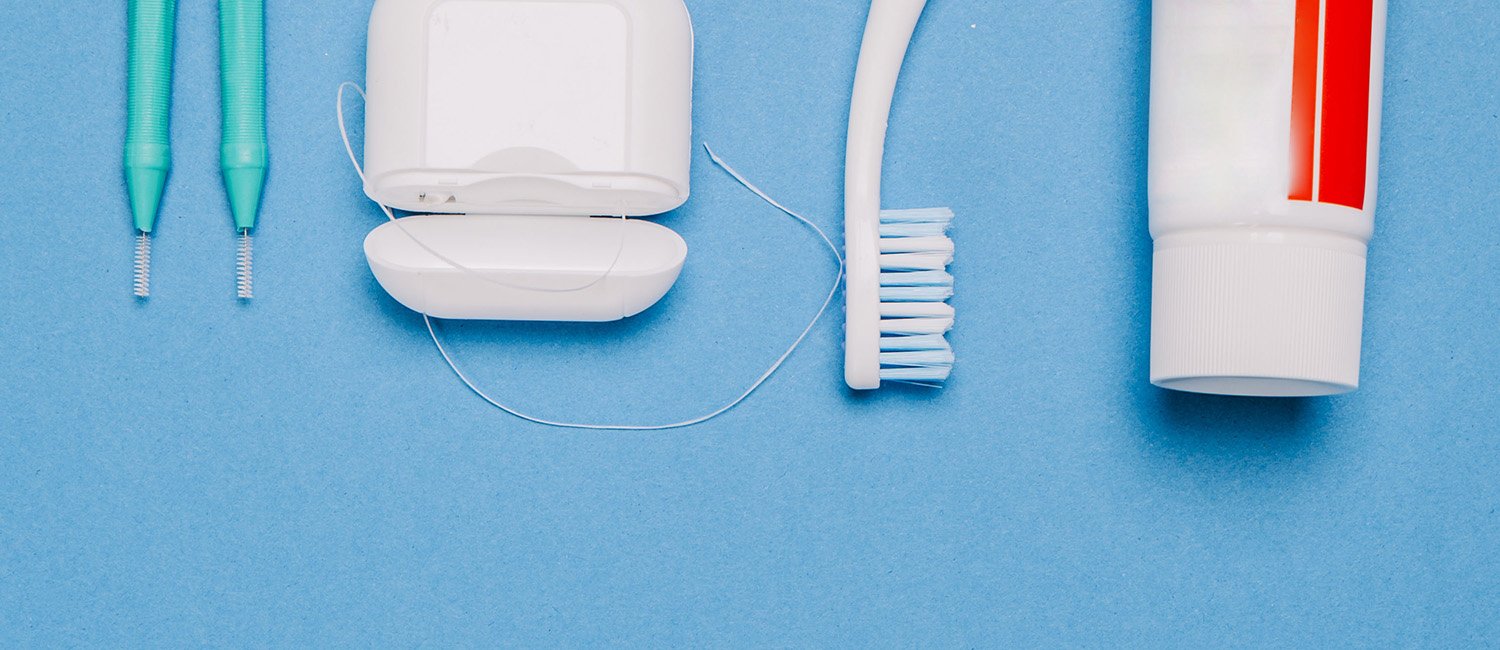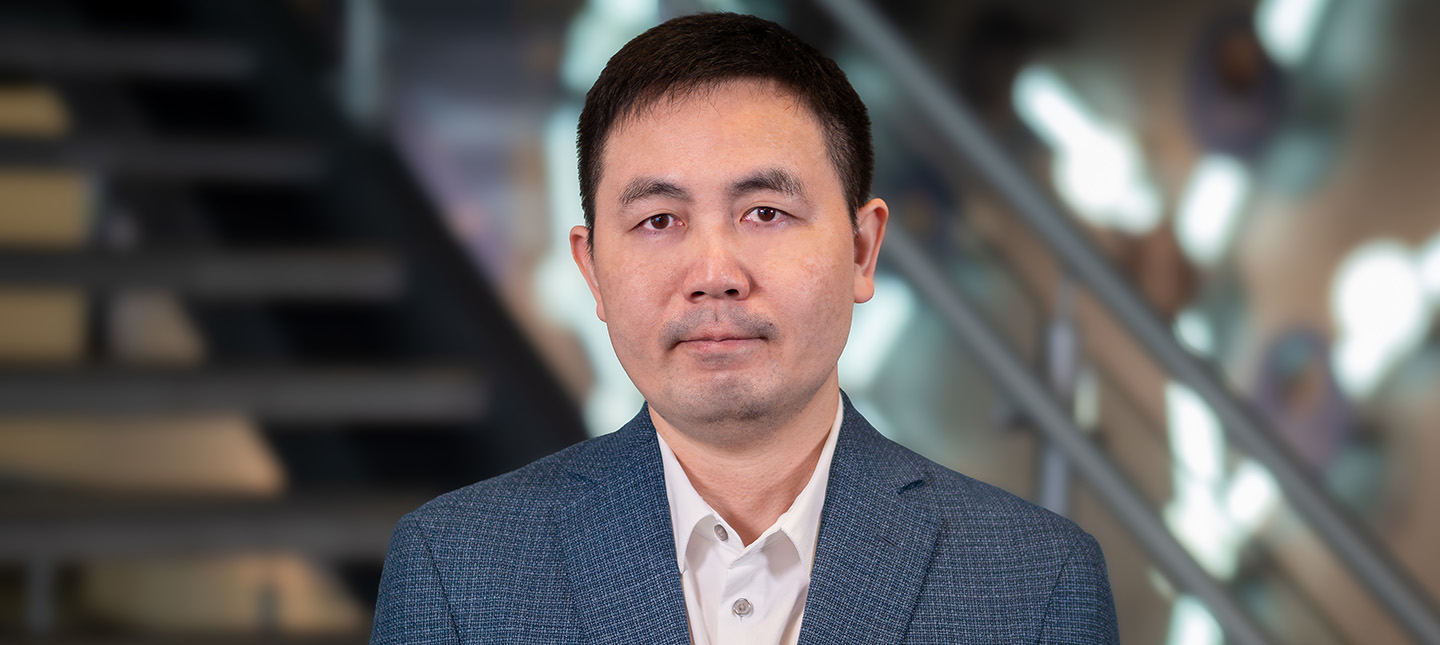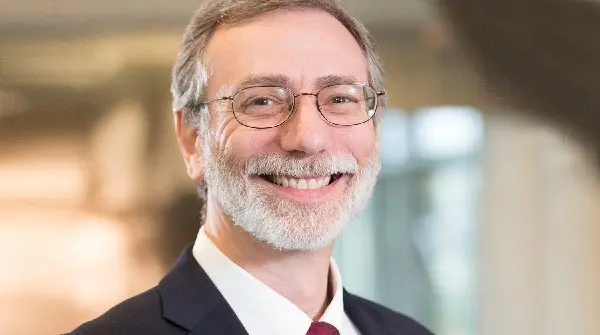Oral health is more than just the status of teeth and gums — it touches every aspect of a person’s life. Building a good foundation in childhood can improve overall health and even overall quality of life.
February is National Children’s Dental Health Month. According to the Centers for Disease Control and Prevention, tooth decay is one of the most common chronic conditions of childhood.
“Oral health has a wide-ranging impact on a child’s health. Untreated tooth decay can cause pain and infections that may lead to problems with eating, speaking, and even learning,” says Thankam Thyvalikakath, D.M.D, M.D.S, Ph.D., a Regenstrief Institute scientist and the director of the Dental Informatics Core at the Indiana University School of Dentistry. “Children can miss school because of oral pain and increased visits to the dentist, which can affect their grades. And in the long run, all of this can add up to have an impact on their self-esteem as well.”
Dr. Thyvalikakath says maintaining oral health in children starts from the day they are born. She recommends that new parents:
- Wipe their baby’s gums with a soft, clean cloth after every feeding, if possible. “Kids may resist or struggle, especially at first. Don’t give up. It doesn’t have to be perfect every time. The goal is to get them used to the sensation of cleaning their mouths. That will make the transition to brushing easier. Soon, most kids will expect and even look forward to it.”
- Do not put babies to bed with a bottle of milk or juice. It can lead to tooth decay due to pooling of liquids containing sugars behind the babies’ front teeth. Milk left in the mouth could also increase the baby’s risk of oral thrush, which is a yeast infection in the mouth. In infants, oral thrush can lead to feeding difficulty or fussiness. One prominent sign of oral thrush is white lesions on the tongue, gums, inside of their cheeks and sometimes on the roof of the mouth. Consult a doctor.
“Once they get their first tooth, parents should start using a child’s size soft bristle toothbrush and plain water,” says Dr. Thyvalikakath. “Parents don’t have to use toothpaste until children are two years of age.”
Based on CDC recommendations, Dr. Thyvalikakath recommends parents only use a smear of toothpaste for children younger than three and a pea-sized amount for older children. If children use too much toothpaste, they could end up ingesting it. That may lead to too much fluoride in the body, which affects the development of the tooth enamel.
“The important part is not the amount of toothpaste; it’s getting every surface of the teeth in contact with the bristles of the toothbrush.”
She suggests parents help children brush their teeth until they are 7 to 8 years old or until they have achieved manual dexterity to brush teeth on their own. When brushing, remember:
- Use a circular motion to brush the outside and inside surfaces of the teeth. Then, use a back and forward motion to brush the chewing surfaces of the teeth.
- Light pressure. Don’t scrub hard.
- Spend up to two minutes brushing.
If possible, parents should take their children to a dentist by the age of 1 or discuss the possibility of a topical fluoride varnish with their pediatrician. Once the permanent teeth erupt, Dr. Thyvalikakath recommends getting sealants on the back teeth.
“Improving oral health not only improves the overall wellbeing of a person, but it also improves their morale.”
